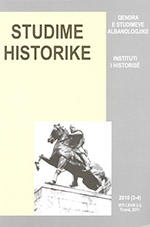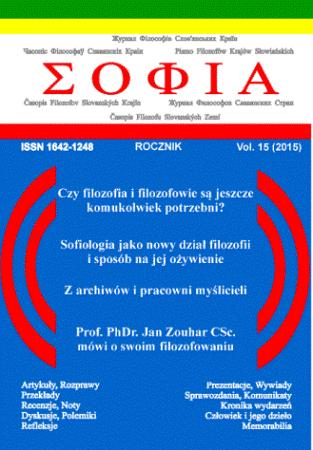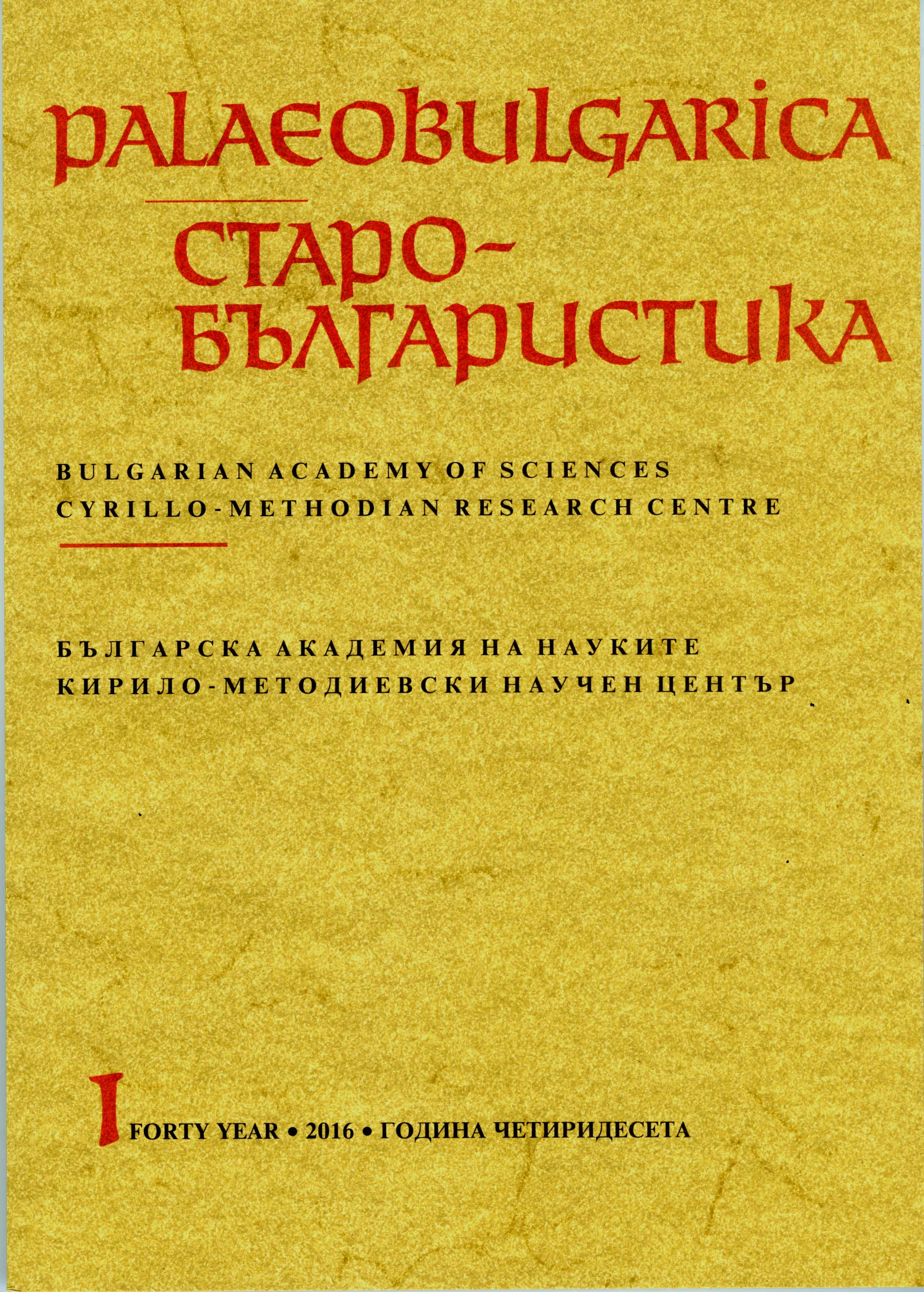
The Germans in Albania (Summer - Autumn 1943)
Gjermanët në Shqipëri (verë-vjeshtë 1943)
Keywords: Germans in Albania ; 1943 ; Albania; Albanian History;
Based on the historical circumstances, created after the capitulation of Italy, this article presents different analyses on the political concernment of Albania. With its strategic importance regarding the plans and objectives of the Great Powers during World War II, Albania attired their attention. The attitude of the Great Powers towards the national interests of the Albanians, in some manner defined the latter's attitude regarding their relations with the fighting powers. This study tries to treat the specificities of the German occupation in Albania, as compared to the Italian one. In accord with the German policy of not engaging multiple military forces in Albania, the Albanian government gained a larger territory in the country's administration, without the direct interference of the Germans. After the arrival of the Germans in Albania, the Albanian politicians were lead by the conviction that they had to work in the interest of the Albanian Cause and, according to them, neutrality was the righter path towards the achievement of their goals by the end of the war. The position of Albania after the arrival of the Germans changed clearly as long as the independence and the neutrality of the Albanian government were concerned. This position can be also explained by the specificities of the German occupation, as it was spread through the Albanian territory.
More...

